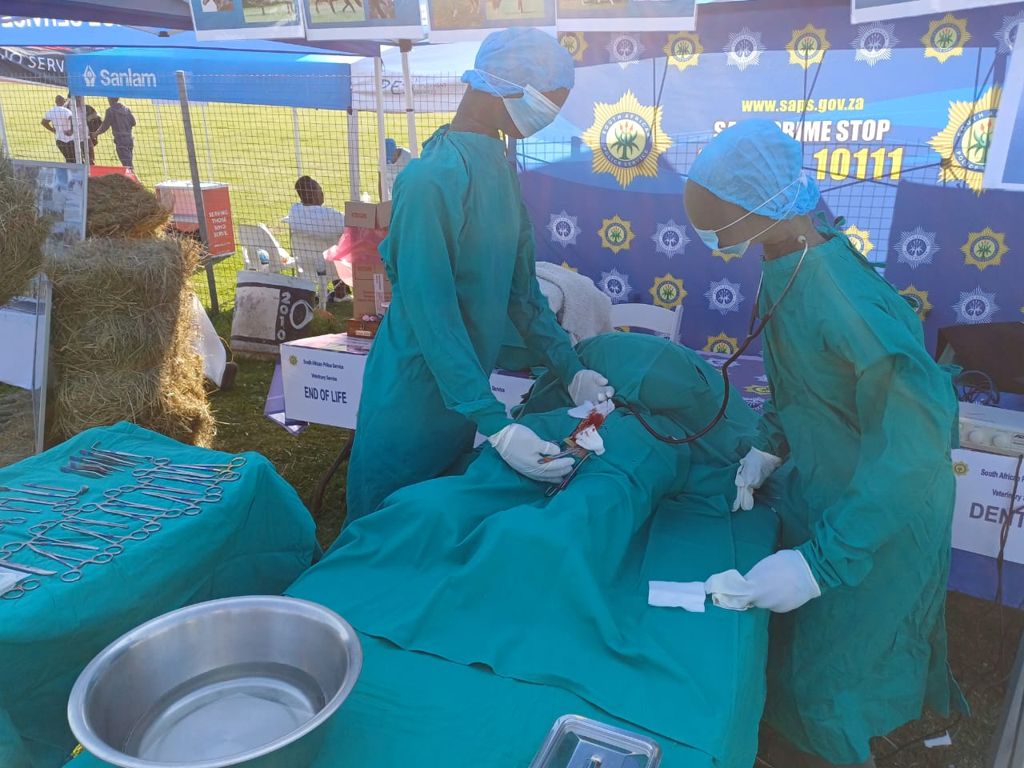The South African Police Service (SAPS) has launched its 2024/2025 recruitment drive. The goal is to train an additional 10,000 young people, between the ages of 18 and 35, to serve as police officers. The Deputy Minister of Police, Mr. Cassel Mathale, unveiled this plan during a National Career Expo in Mdantsane, Eastern Cape, on August 5, 2023.
Inclusion Efforts by SAPS
This recruitment drive is an opportunity for SAPS to showcase the diverse career paths available within the organization. In a significant move towards inclusion, SAPS has increased the age limit for new trainees to 35. This change is expected to open up opportunities for a wider demographic and enrich the workforce with diverse experiences.
Application Process
Prospective candidates can access application forms on the SAPS website under the police trainees section. For those who prefer offline applications, forms will also be available at all police stations starting from August 7, 2023.
Total Number of Recruits
Currently, there are 9,000 trainees in academies throughout South Africa, with an additional 1,000 slated to begin their training in January 2024. This will bring the total number of recruits trained during the 2023/2024 financial year to 10,000. The 2024/2025 cohort is expected to commence their training in April 2024.
Importance of Sufficient Personnel
Deputy Minister Mathale emphasized the importance of having sufficient personnel on the ground to serve and protect communities. “We are embarking on this process to ensure more boots on the ground in an effort to maximize our crime combatting efforts,” he said.
Focus on Passionate Applicants
The National Commissioner of SAPS, General Fannie Masemola, highlighted the importance of recruiting individuals with a passion for public service. “We are inviting disciplined, upright, and passionate candidates who are ready to serve and protect their communities. With more boots on the ground, we aim to enhance and improve our response to emerging crime trends,” General Masemola stated.
Basic Requirements for Enlistment
To enlist, applicants must meet certain basic requirements: they must be South African citizens, have a matric certificate, and possess no criminal record.
Significance of the Recruitment Drive
This recruitment drive marks a significant milestone in the history of the South African Police Service. The expansion of their recruitment process, raising the age limit, and engaging with the community through the National Career Expo demonstrate SAPS’s unwavering commitment to fostering a competent and diverse workforce. By actively seeking out passionate and dedicated individuals, SAPS is reinforcing the strong foundation required to address the nation’s evolving public safety needs.








